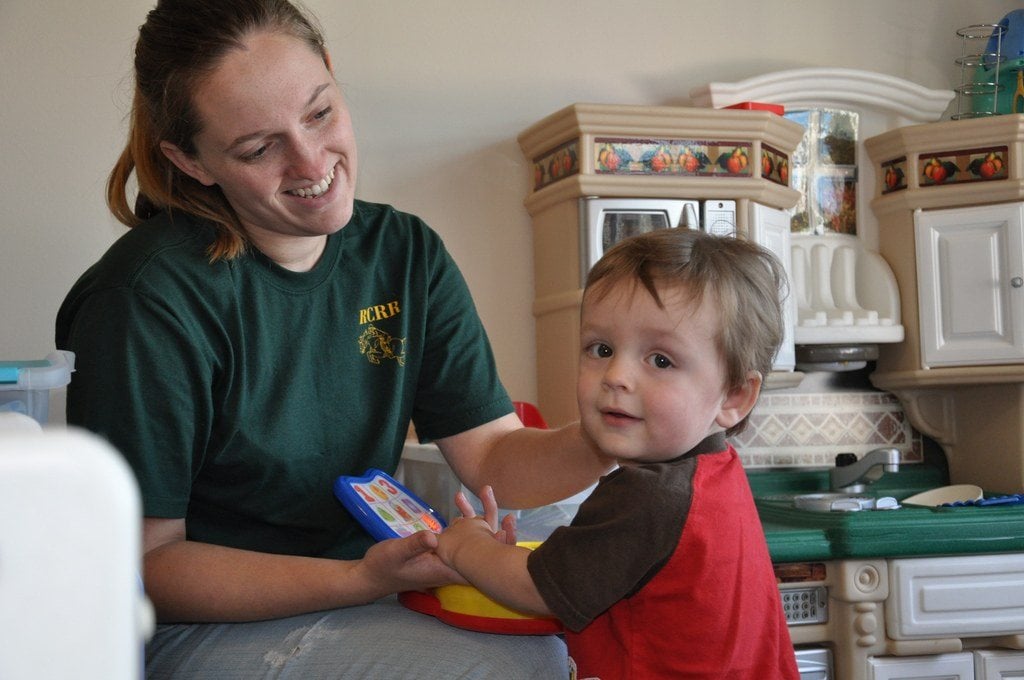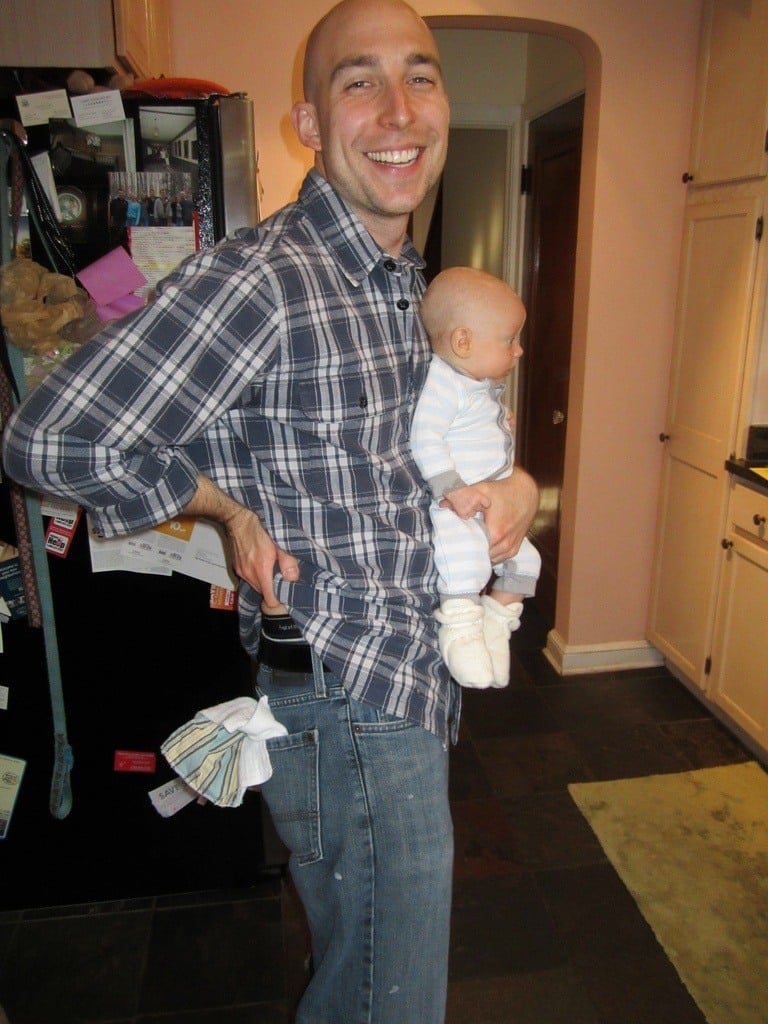If you are a stay-at-home parent, you may be gloriously happy watching your kids learn, develop and grow into caring, tolerant and well adjusted adults. What could be more satisfying? Yet, there are many problems that stay-at-home parents (SAHP) face. Here are 15 reasons why it is not always a bed of roses and some solutions to help fix them.
1. You may feel lonely at times
Loneliness may be a problem for any stay-at-home parent. Dads may feel this more keenly as they may have recently left work and miss the company of their coworkers.
The number of stay-at-home dads is growing day by day. It is hard to put an accurate figure on this as many of these are work-at-home dads (WAHD) or are unemployed. The latest figures put the number at 1.4 million. In Canada, about 16% of families have stay-at-home dads.
But loneliness may be a problem for any parent at home. The best solution is to meet other parents and share tasks. You can also join Internet and Facebook groups but the best type of contact is where you can have real social interaction. Joining classes, gyms and projects is a great way to fight loneliness. You can also pick up some great parenting tips along the way.
2. You may feel that you are a victim of stigma
The idea that fathers can stay at home to rear kids is met with disapproval and stigma in some areas, even to-day. There have been cases of dads not being allowed to participate in moms’ forums on the Internet! Some of these went ahead and formed their own parenting groups as an answer to prejudice and stigma.
Moms who work have to put up with the pitying looks and remarks made by neighbors who are convinced that their husbands can’t earn enough to support their families.
As regards more resources for all stay-at-home parents, the Band Back Together website has very helpful material.
3. Your world becomes smaller and smaller
Your relationship with your spouse may suffer. When they come home from work, the topics of conversation are limited. You want to tell him/her what happened to the kids and all the things that went wrong. The working partner is probably too tired to notice and finds it harder and harder to make meaningful conversation about the workplace. The solution is to make a real effort to keep alive all those topics which bound you together at the beginning before the kids arrived. Make a real effort to keep up to date on these interests and plan outings so that you can keep this essential bond alive.
4. You never have enough time for yourself
Having one pay check less may mean financial cutbacks which in turn put more strain on you to keep up with housework, cooking and caring.
But if this means that you never have enough time to go to the gym, pursue your hobby, have a relaxing bath, then there is something wrong. Build in time which you can have for yourself. You deserve it. Getting exercise is going to release all those endorphins which will put you in a better mood. Your kids and spouse will love you even more!
5. You never have enough money for yourself
If you think back to the times when you had a regular pay check with nostalgia, don’t! The fact is that staying at home means that you are contributing quite a lot to the family finances. You are saving on carers and babysitters. Some estimates say that childcare can eat up 30% of family income
Who does all the repairs and gets the best deals while shopping from all the coupons you have collected? You do, so take comfort and set aside a small sum of money that you can spend on yourself, every week.
6. You do not have full control over the family budget
Given that there is just one breadwinner in the family, it is important to have a joint account, to which you both have access. This should be sufficient to cover all family expenses and it means you do not have to ask for money to do the shopping.
Some experts have calculated that you can save up to $500 a week for your home and family, just by not going to work as there will be less tax to pay, no transport costs and you will not be eating out as much at lunchtime.
Jeff Opdyke, author of Love & Money: A Life Guide for Financial Success, has some useful advice here to help you.
7. You may suffer from a loss of identity
Stay-at-home parents have to make big adjustments in deciding to be the main caregiver. While their previous job was stressful and unsatisfying, the task of parenting can be equally demanding and may result in feeling less fulfilled. Changing diapers is not exactly meeting a deadline under pressure.
The solution is to adjust and ensure that you are taking enough time off for your own hobbies and interests.
8. You may not be accepted by other stay-at-home-parents
Making friends at the playground with a parent of the opposite sex is not that easy! There are all sorts of taboos and suspicions attached to that and you may well feel isolated. The stay-at-home dads are at a greater risk here as there are not so many of them. Just be careful.
9. You may have to learn new skills
Whatever your talents, being the housekeeper and laundryman or woman is going to require acquisition of new skills. You may have to learn how to cook which can be a great experience. On the other hand, because of financial stringencies, you may have to cook more at home and eat out less than when you were earning.
10. You may have to face the challenges
Bringing up a child is no easy task. You have to put up with the mess, the tantrums and the chaos. But think that you are doing a great job in providing a positive male/female role model. Maybe this is what you always wanted your father or mother to be like, but it did not work out. Now is your chance with your own offspring to prove that parenting is one of the most rewarding jobs you will ever have to do.
‘It’s the toughest job you’ll ever love.’- Peace Corps recruitment slogan.
11. You may need to study parenting skills
Unless you have enormous quantities of empathy and emotional intelligence, you will have to study parenting. Joining a parenting class will also help you feel less isolated. You will feel more confident about your parenting skills.
12. You need to plan for the future
At some point, when the kids are teens, your role will change. There will be no need for a 24/7 position anymore. This is where planning for the future comes in because there will be pressure on you to return to work. You may hate the idea of a boss breathing down your neck. Plan on acquiring new skills and take online training courses so that you may be able to work again, when the time comes.
13. You are helping to change people’s attitudes
This is good. Stay-at-home dads are pioneers in many ways. They are helping to change people’s attitudes about gender roles. It is no longer true that the children are the mother’s sole responsibility and that the father is the breadwinner. If workplaces had more family friendly policies and if governments gave more parental leave, many of these problems could be solved.
14. You may have to learn to respect each other’s roles
The great thing about stay-at-home parenting is that the working mother really appreciates what the father is doing. But it does not always work the other way round as you would have to swap roles for a while. Showing appreciation, asking each other about problems and having meetings to discuss budgets and other problems helps you to be more appreciative of just what is involved in running the home.
15. Get all the support you need
Whether you are just keeping afloat as a stay-at-home parent or planning a re-entry to work, you will need a great support team. How are the kids going to be involved in running the home? How can other family members and relatives help? You need to plan this from the beginning so that chores are always done from a very early age. It also takes a lot of the strain off you and can make your comeback to work all the less traumatic.
Let us know in the comments about your experience as a stay-at-home parent.
Featured photo credit: Father’s revenge/Aaron Brinker via flickr.com




















































